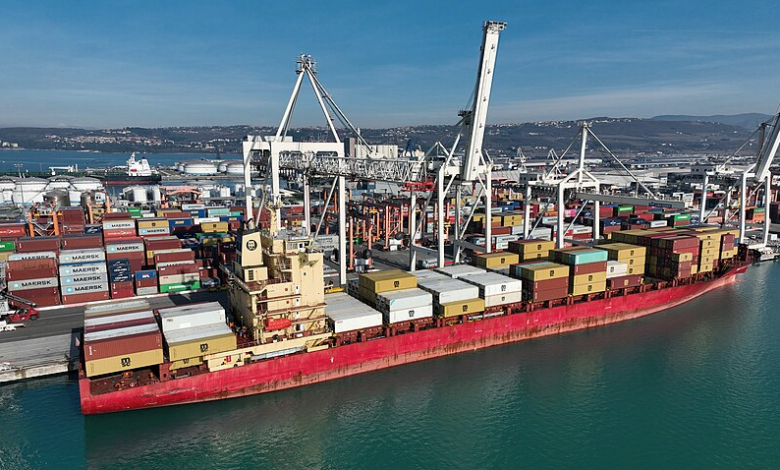No, VATs are not like export subsidies

Tyler Cowen’s Misconception About VATs and Export Subsidies
Tyler Cowen recently made an unusual error in his analysis of Value Added Taxes (VATs) and their potential impact on exports. While he did not directly label VATs as export subsidies, he hinted at an “encouragement to exports” in the European Union (EU) due to the VAT structure.
Cowen speculated on whether resources in the EU should be allocated towards exports, noting that exports are VAT-free while within-EU sales are subject to VAT. This distinction may create an incentive for exports, as compared to the United States where sales taxes are prevalent but with lower rates. However, the assertion that Europe actively encourages exports through VATs may not hold up under closer scrutiny.
It is important to consider the impact of VATs on exports in a global context. For instance, if a product priced at $100 in Europe includes a $20 VAT, it would theoretically sell for $100 in a country without a VAT, based on Purchasing Power Parity (PPP) principles. This suggests that VATs do not inherently promote exports, especially when trading with countries with differing tax structures.
While there may be arguments linking VATs to export promotion, such as the potential effects on real exchange rates and trade balances, it is crucial to distinguish between VATs and direct export subsidies. VATs primarily serve as a mechanism for revenue generation rather than a targeted tool for boosting exports.
Furthermore, the comparison between VATs and tariffs reveals an important distinction. Tariffs imposed by European countries can act as barriers to US exports, while export subsidies would incentivize US firms to sell more products in Europe. If VATs were truly akin to export subsidies, they would counteract the effects of import taxes, creating a different dynamic in international trade relations.
In conclusion, while Tyler Cowen’s observations on the role of VATs in promoting exports raise interesting points, the nuanced relationship between tax policies and trade dynamics warrants further exploration. VATs should be recognized for their fiscal purposes rather than being equated to traditional export subsidies.





